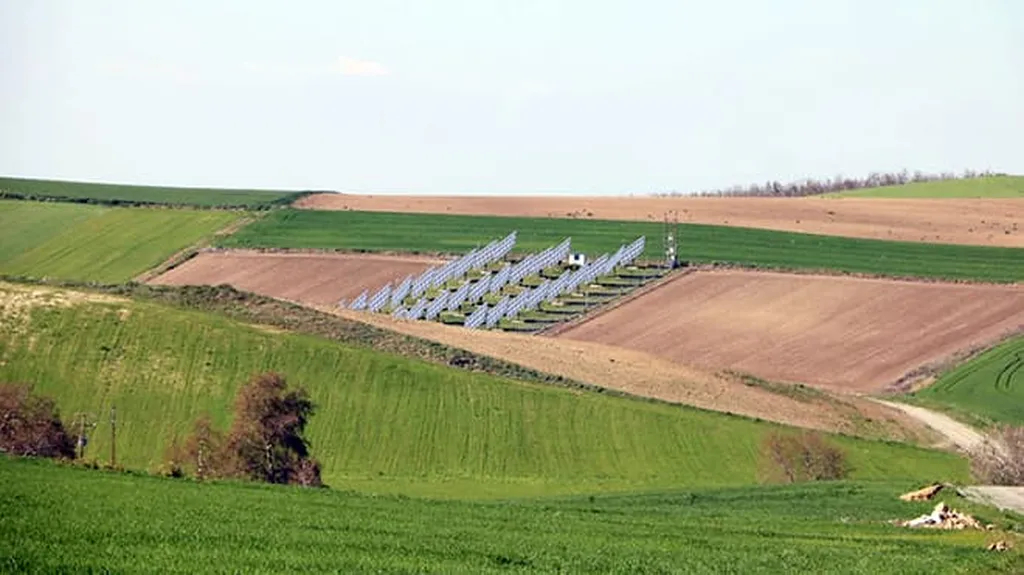In the heart of Athens, Greece, a groundbreaking study led by Antigolena Folina from the Laboratory of Agronomy at the Agricultural University of Athens is reshaping our understanding of sustainable agriculture. Published in the journal ‘Resources’ (which translates to ‘Резурси’ in English), Folina’s research delves into the integration of bioresources in organic farming, offering a comprehensive review that could revolutionize the way we approach soil health, biodiversity, and climate resilience.
Organic farming, a sector that has seen significant growth in recent years, relies on practices that are both sustainable and eco-friendly. Folina’s work highlights the pivotal role of bioresources—derived from plants, animals, and microorganisms—in replacing synthetic inputs with natural alternatives. “Bioresources are not just a viable alternative; they are a necessity for the future of organic farming,” Folina asserts. Her research presents an integrated analysis of these bioresources, categorizing them into biofertilizers, biopesticides, organic amendments, and bioenergy.
The potential of bioresources extends beyond the agricultural sector, with significant implications for the energy sector as well. Bioenergy, a subset of bioresources, can provide a renewable and sustainable source of energy, reducing our dependence on fossil fuels. This shift could have profound commercial impacts, opening up new markets and opportunities for innovation.
However, the path to widespread adoption is not without its challenges. Folina’s review identifies knowledge gaps, limited scalability, and technical constraints as critical barriers. “While the potential is immense, we must address these challenges to fully harness the benefits of bioresources,” Folina notes. The research emphasizes the ecological, economic, and social benefits of bioresource integration, while also proposing strategic directions for research, policy, and practice.
The study’s findings could shape future developments in the field, paving the way for context-specific, circular, and resilient organic farming systems. By addressing the identified gaps, bioresources can enhance nutrient cycling, pest management, and soil regeneration, offering a viable path toward sustainable agriculture.
As we grapple with the realities of climate change and the need for sustainable practices, Folina’s research serves as a beacon of hope. It underscores the importance of integrating bioresources into our agricultural and energy systems, offering a glimpse into a future where sustainability and profitability go hand in hand. The journey is fraught with challenges, but with strategic research and policy interventions, the potential rewards are immense. As published in ‘Resources’, this study is a call to action, urging us to embrace the power of bioresources for a sustainable future.

